It is not everyday that the co-founder of the company personally flies you in an A380. That happened to me on the retirement flight of Hi Fly A380. I had the good fortune of sitting behind Captain Carlos Mirpuri, who performed several fly-bys and we even drew a “heart” in the sky, on my last A380 flight. Here is his aviation story.
Give us your background
I was born in 1962 and I started taking flying lessons in 1978, I have been flying professionally since 1981. I hold a degree in Mechanical Engineering along with both EASA and FAA ATP; with ratings in SEP, MEP, B737, A320, A330, A350, A340, A380 and I also fly Helicopters.
I started my flying career as a flight instructor in the USA, then I flew commuters for a couple of years; followed by a long stay with TAP Air Portugal, before I decided to resign and look after our own aviation business. I am a TRI and senior TRE in all of the Airbus types for which I hold a rating. I have also been a consultant for Airbus since 2006.
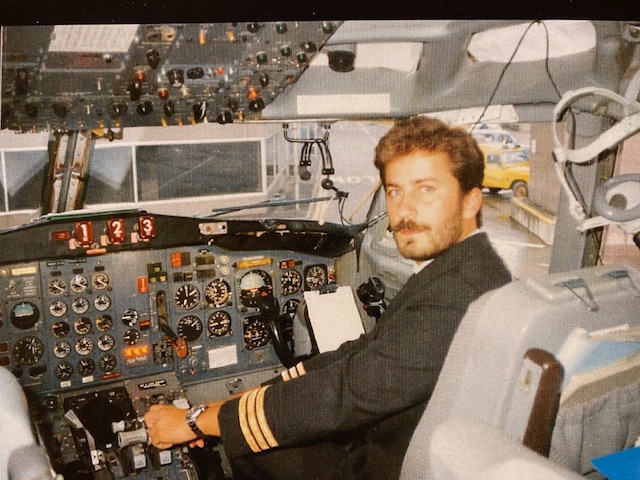
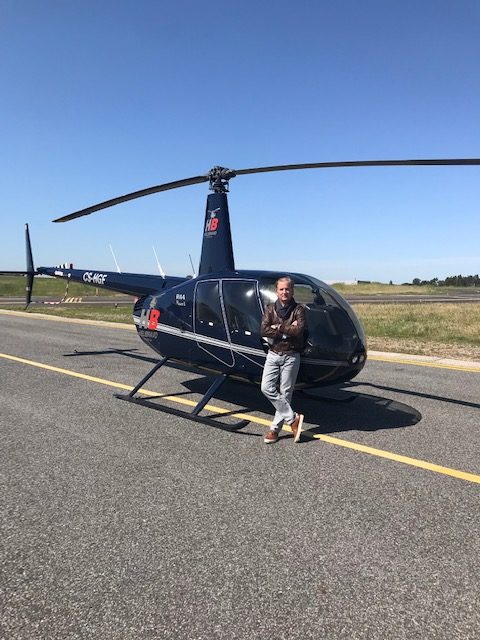
What made you to choose to learn flying and become a pilot?
I cannot remember wanting to be anything else. I was brought up in Africa and airplane sights and trips were frequent, due to the long distances we had to cover and the poor road infrastructure on route.
Kids need to be allowed in airports, to see, to hear and smell airplane movements. Too many talents out there will never make it to the cockpit, or other industry positions for that matter, because there is no such investment. This is a must.
You Sam, became addicted to aviation by observing movements at Kai-Tak. What better example than that?
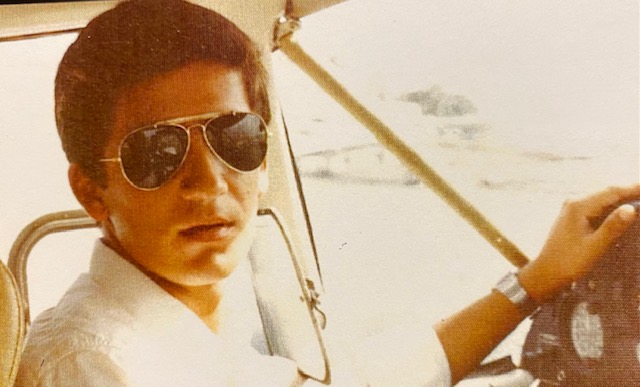
Tell me of any early struggles and challenges you faced as a student pilot or junior pilot.
The biggest struggle was to convince my mother actually. She did not like it, I also had a motorbike that she did not like that. One day I told her that I had sold the bike, She was so happy…; followed by telling her seconds after that I had registered for a PPL…
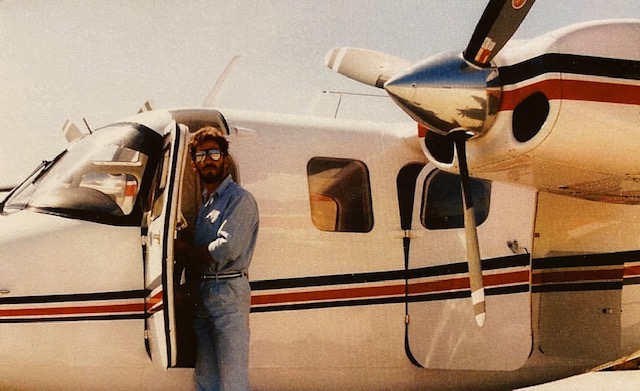
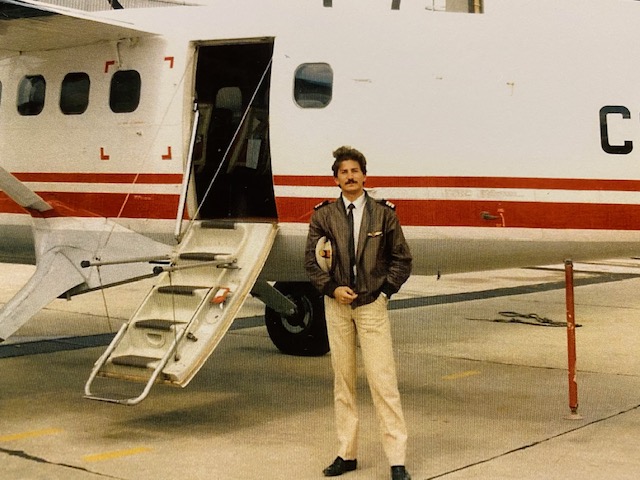
How many airplane types have you flown and what are these types?
Besides the jets mentioned, I have also flown the B727, the A310, the L1011, Cessna Citations, Twin Otters, the Beech king Air, Rockwell Commanders, and multiple single and multi-engine pistons.
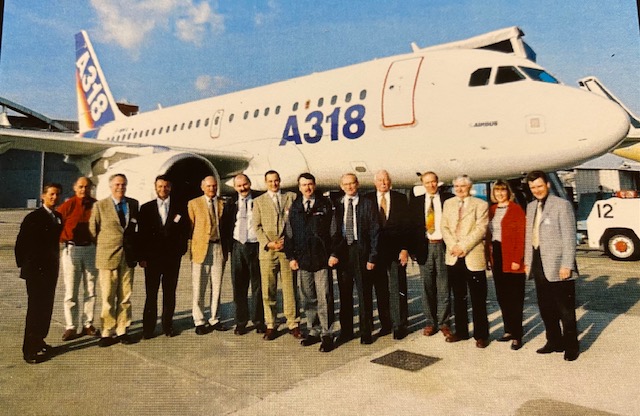
From a pilot’s perspective, what are the differences in operating scheduled and charter flights?
The main difference is that you will be probably flying to a new destination for the first time; needing a risk assessment to be carried out, which is a subject to be addressed comprehensively. In all, a less complacent operation.
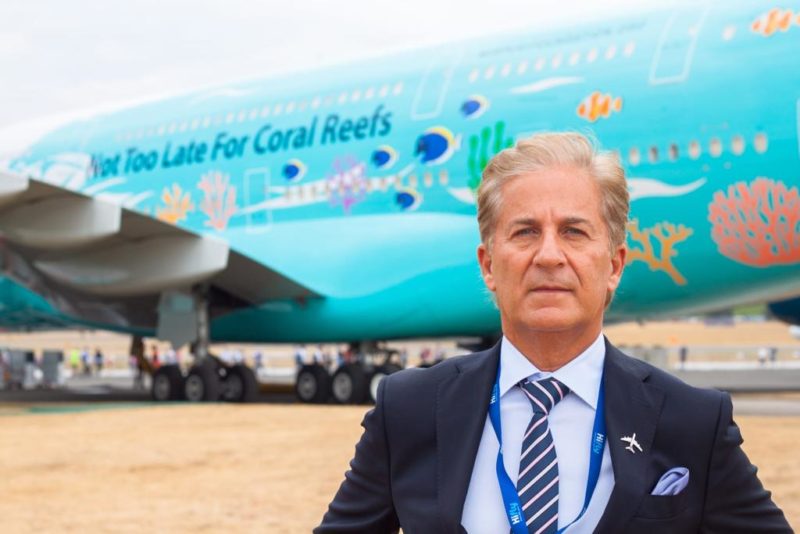
Let’s say a charter, in the sense of your question, is a wet lease, which is the most demanding form of operation.
Every day we have a new customer, a new flight number, a new destination, a new environmental theatre, different types of passengers, different expectations from the customer and different cultures to navigate.
We normally refer to these flights as missions. They put a higher burden on all the teams; from dispatch, OCC, Pilots, cabin crews and maintenance.
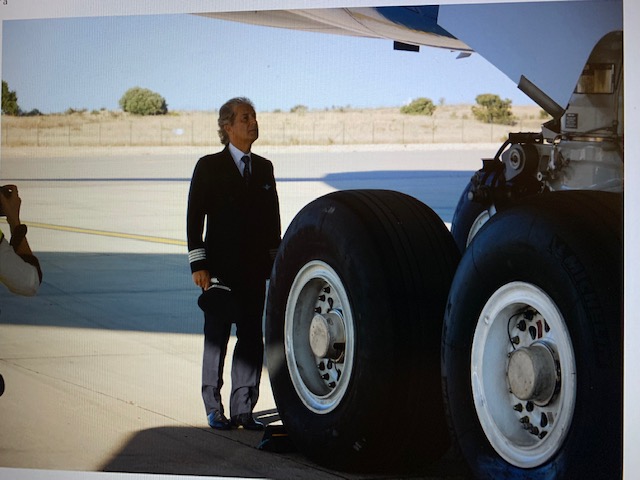
This is simply not the case of scheduled operations. On the day of the mission, reporting times are normally earlier than with scheduled operations. There is a lot to be checked, both in the cabin and in the cockpit. Our cabin crews need to adapt to different customers service standards; be able to understand the service routine desired, all the time constantly adapting as challenges arise in from of them. There is a tremendous sense of achievement when you finish a flight and the customer is happy.
Any safety-conscious pilot has already started looking at the big picture the moment they are aware of the flight, not only when they report for duty. A pilot must collect a myriad of information, both what is available from the company and from their personal analysis, and then construct a mental picture of what lays ahead. It is not uncommon to see pilots coming over, or calling the back to the office, well ahead of the flight, to discuss and learn more about the mission.
Any interesting flight (or challenge) stories to tell from your career, name 1 or 2.
From my 40 plus years of aviation, I have many memories; but one I will never forget was the evacuation of survivors, from the December 26th 2004 Tsunami across the Indian Ocean. The mission was to fly back from Thailand to Sweden in an A330, filled with many young children who had lost their parents.
It was the 31st of December when we flew them back. I remember the skies were absolutely clear that night, we could see the fireworks from several cities as we overflew them around mid-night new year’s eve. Flying westbound, a new city would start its fireworks when its local time reached midnight; so for a while we had quite an amazing view.
I will never forget a young boy, who asked to visit the cockpit after having just lost both parents, asking me what was going on down there. Hiding the tears flowing from my eyes, I said they were illuminating our way across the sky.
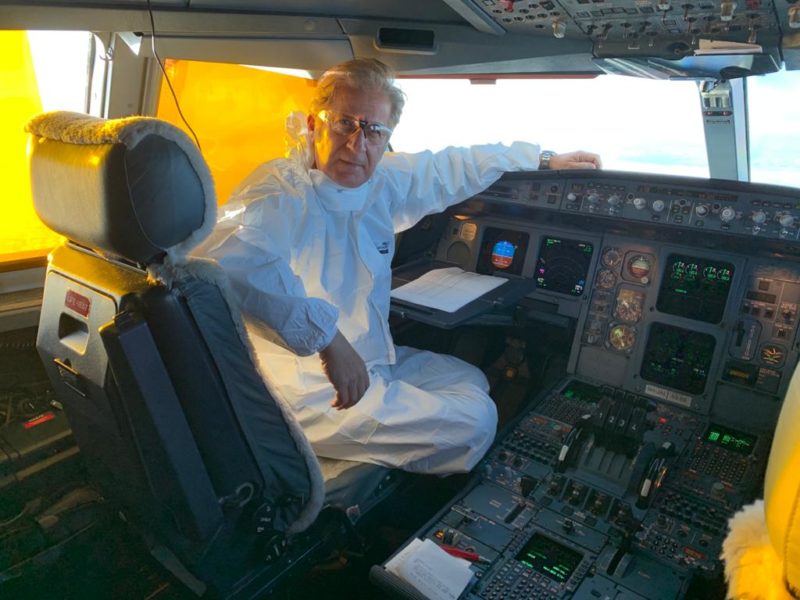
If you got a chance to start all over again, would you still choose to be a pilot?
Absolutely yes
How to become a better pilot?
Get the best education money can buy, then never stop studying. If you do, you will have huge difficulties in catching up as this industry moves at such a fast pace.
New methods, new regulations, new technology, new ways of operating are constantly making their ways into the cockpits.
Any advice, wise words to future aviator?
Learn from the good and bad. Be humble, know your limits. Develop your creativity potential. The many rules we are obliged to follow often lead to complacency and with it a loss of interest in the profession. Fight this. Reinvent yourself and play a role in writing the new rules of this profession, because they will change.
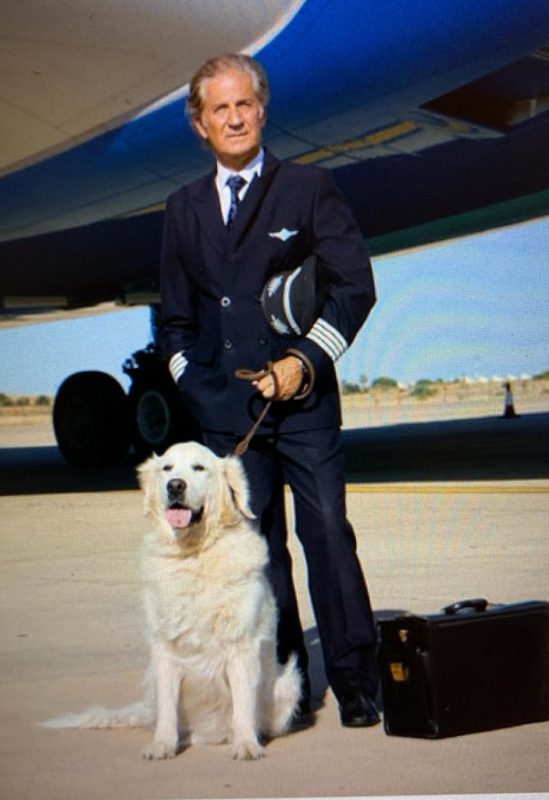

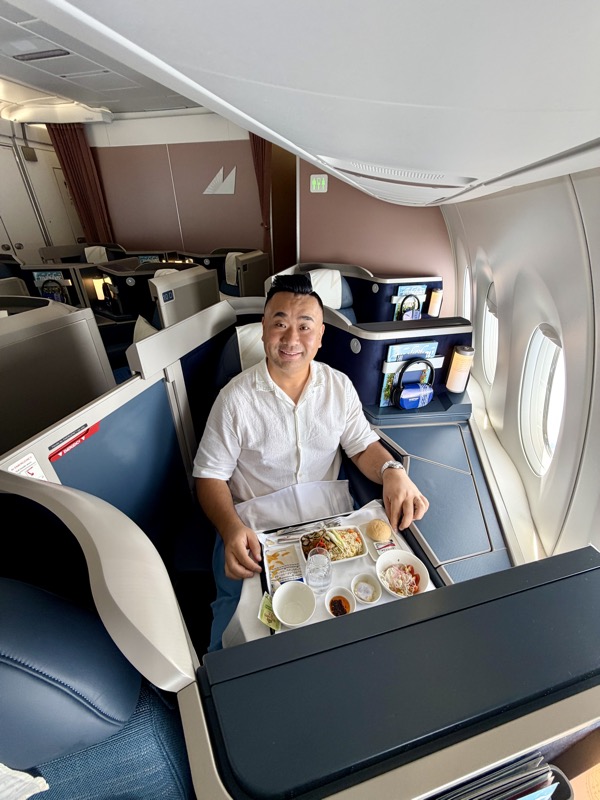
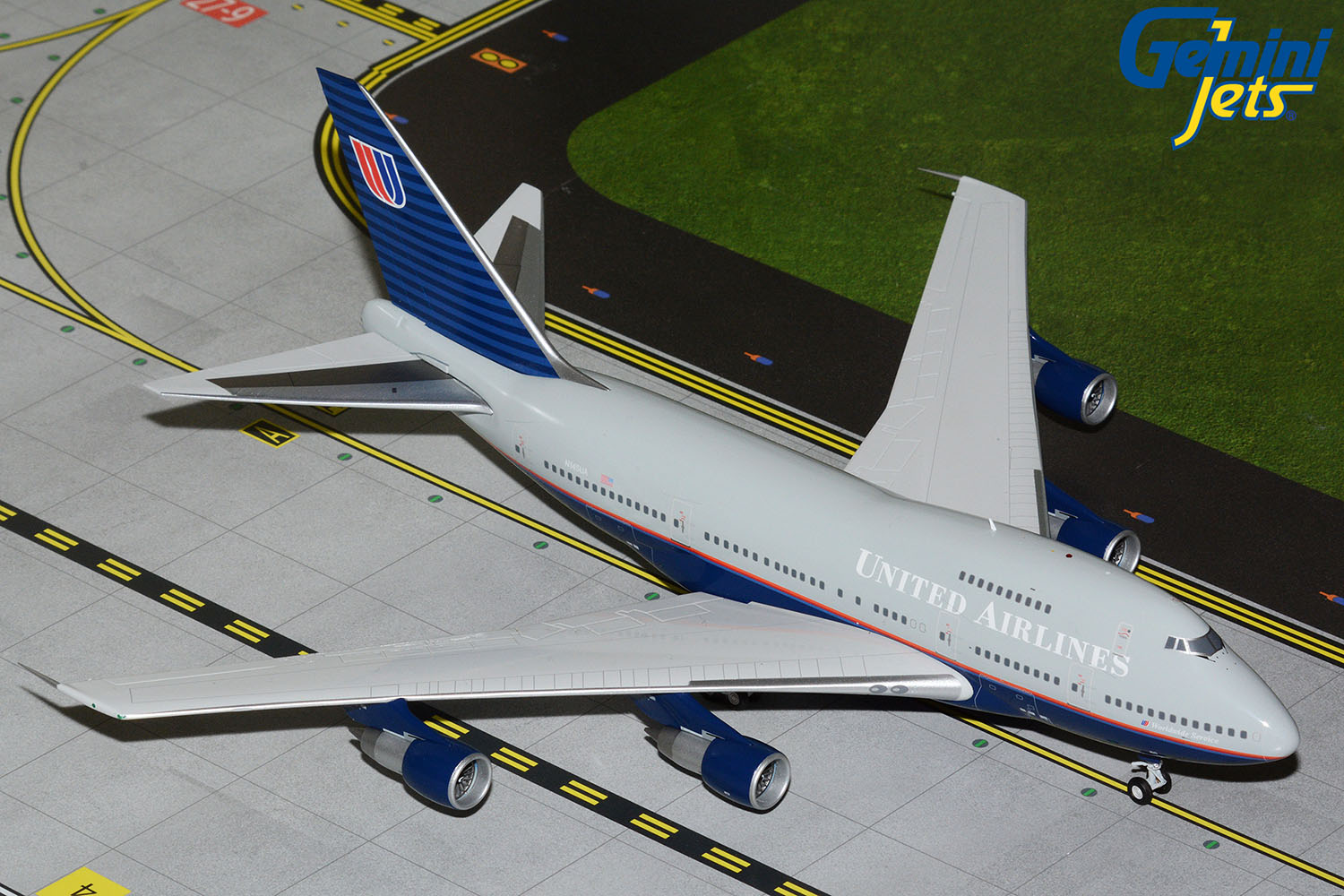
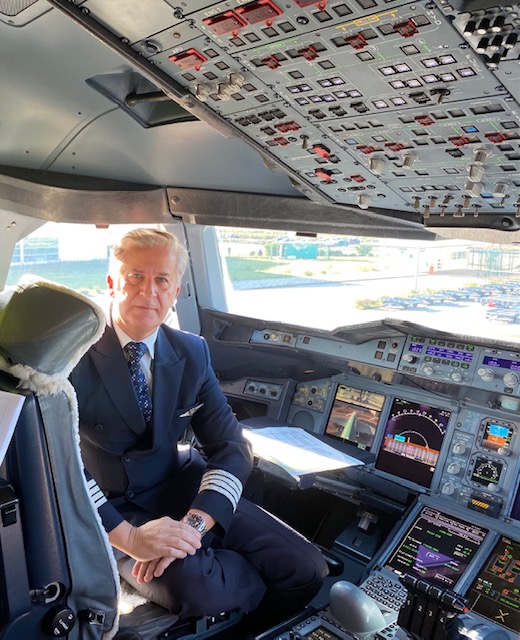
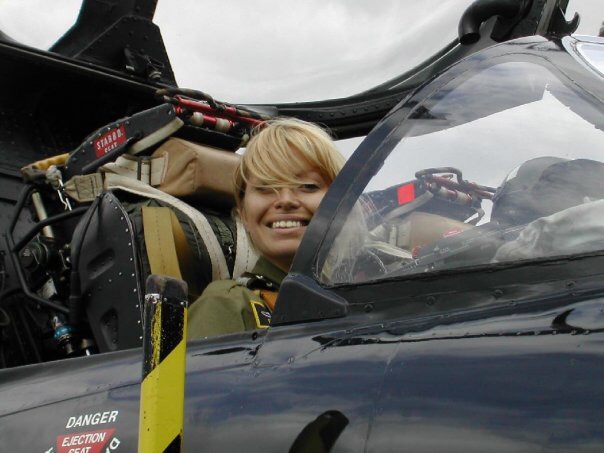
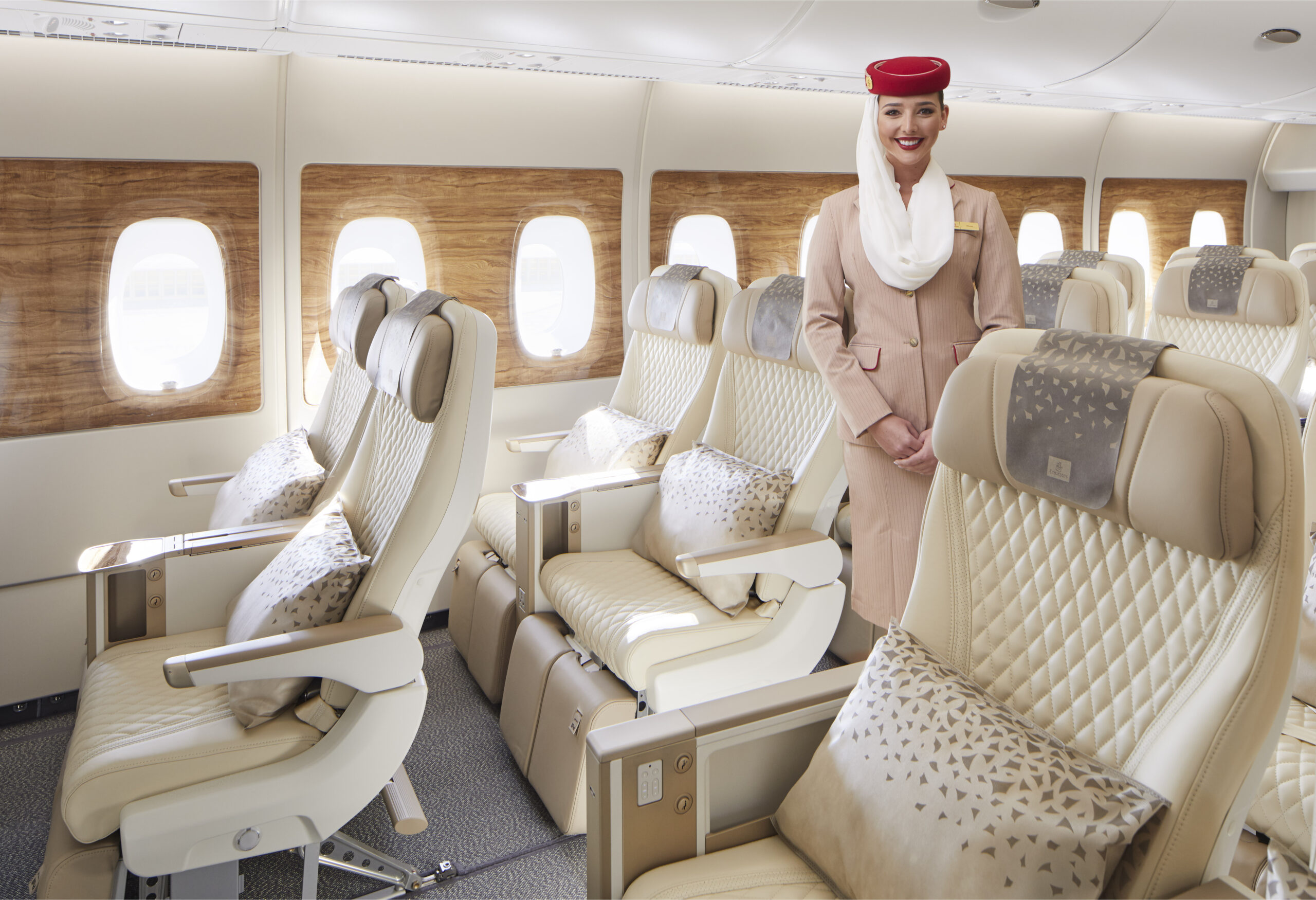
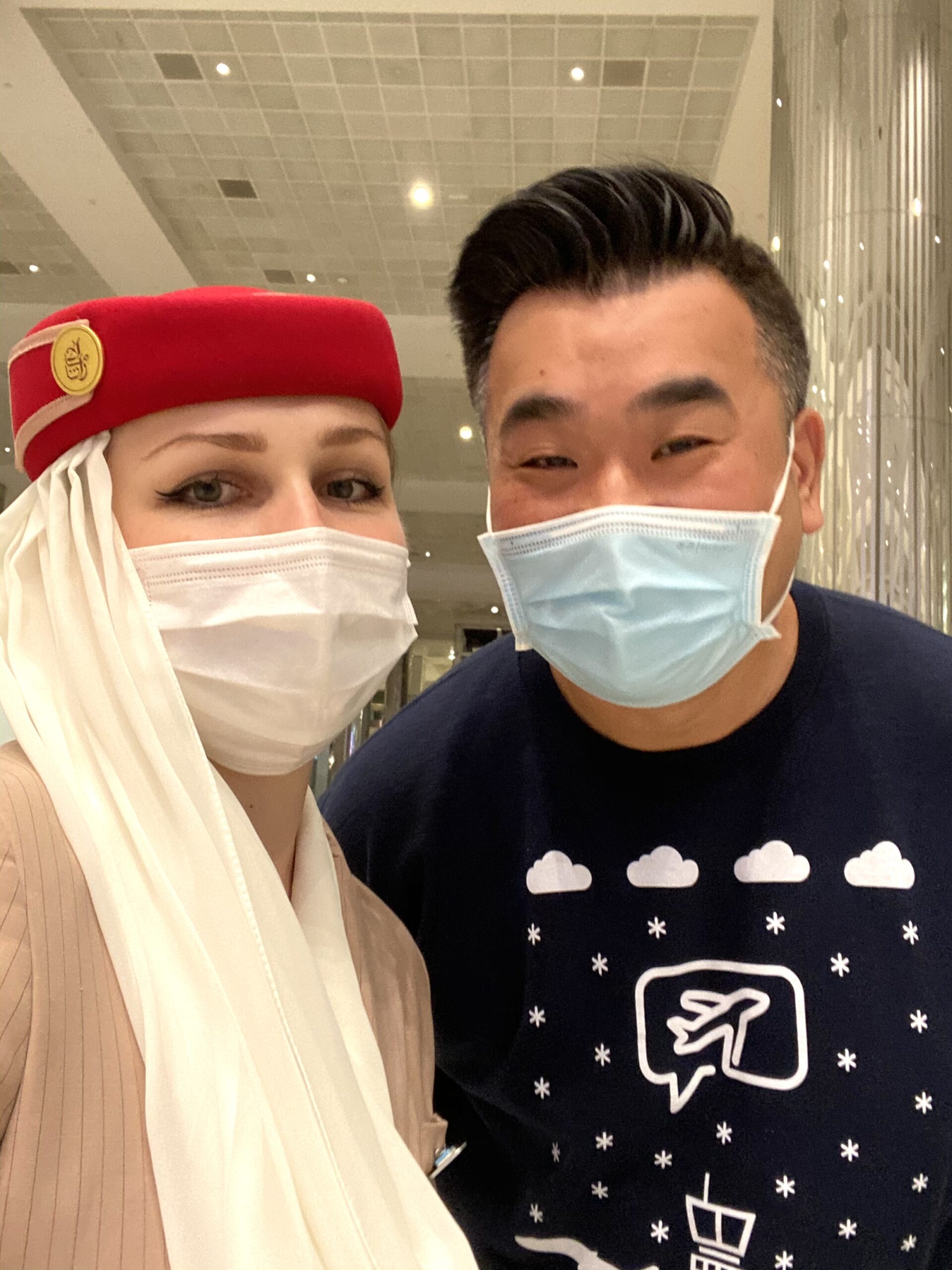
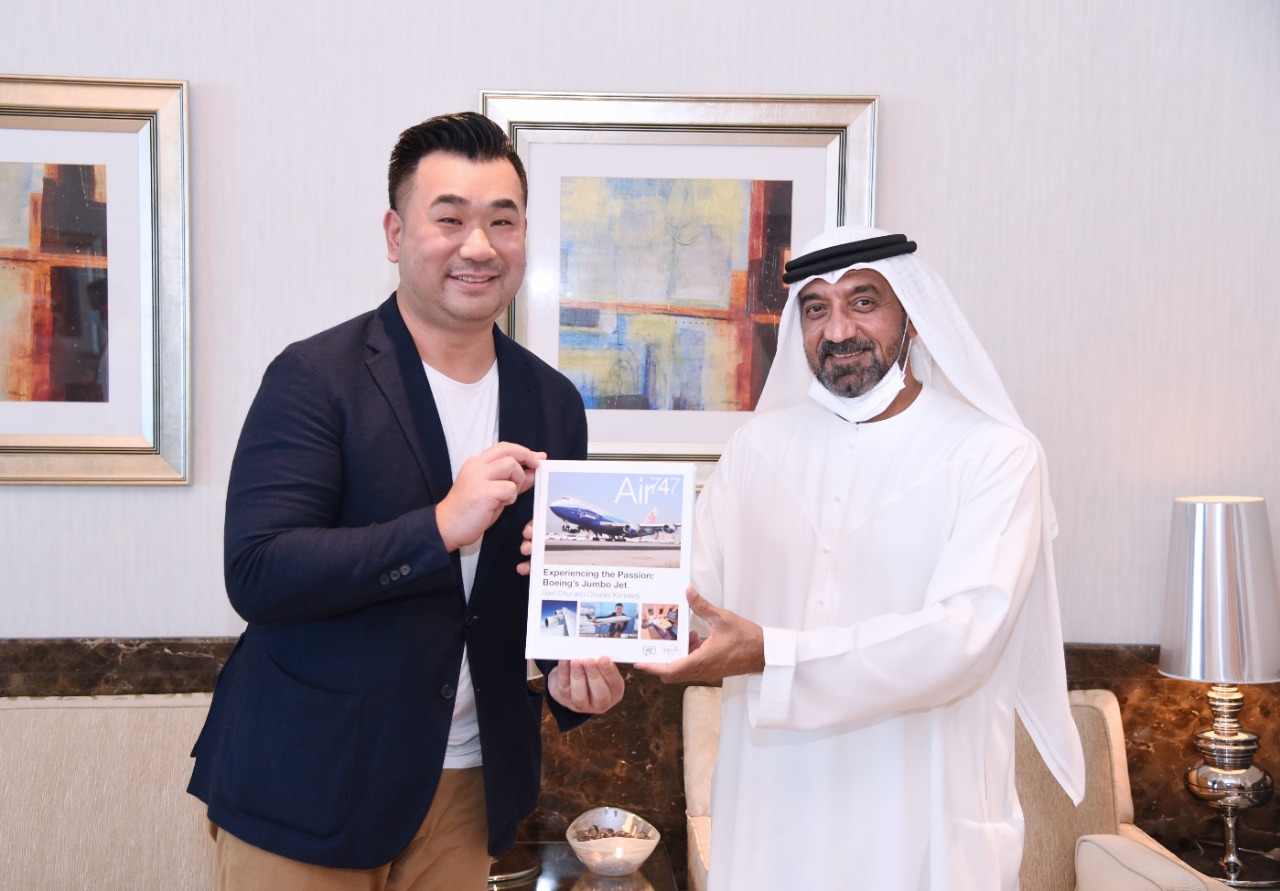
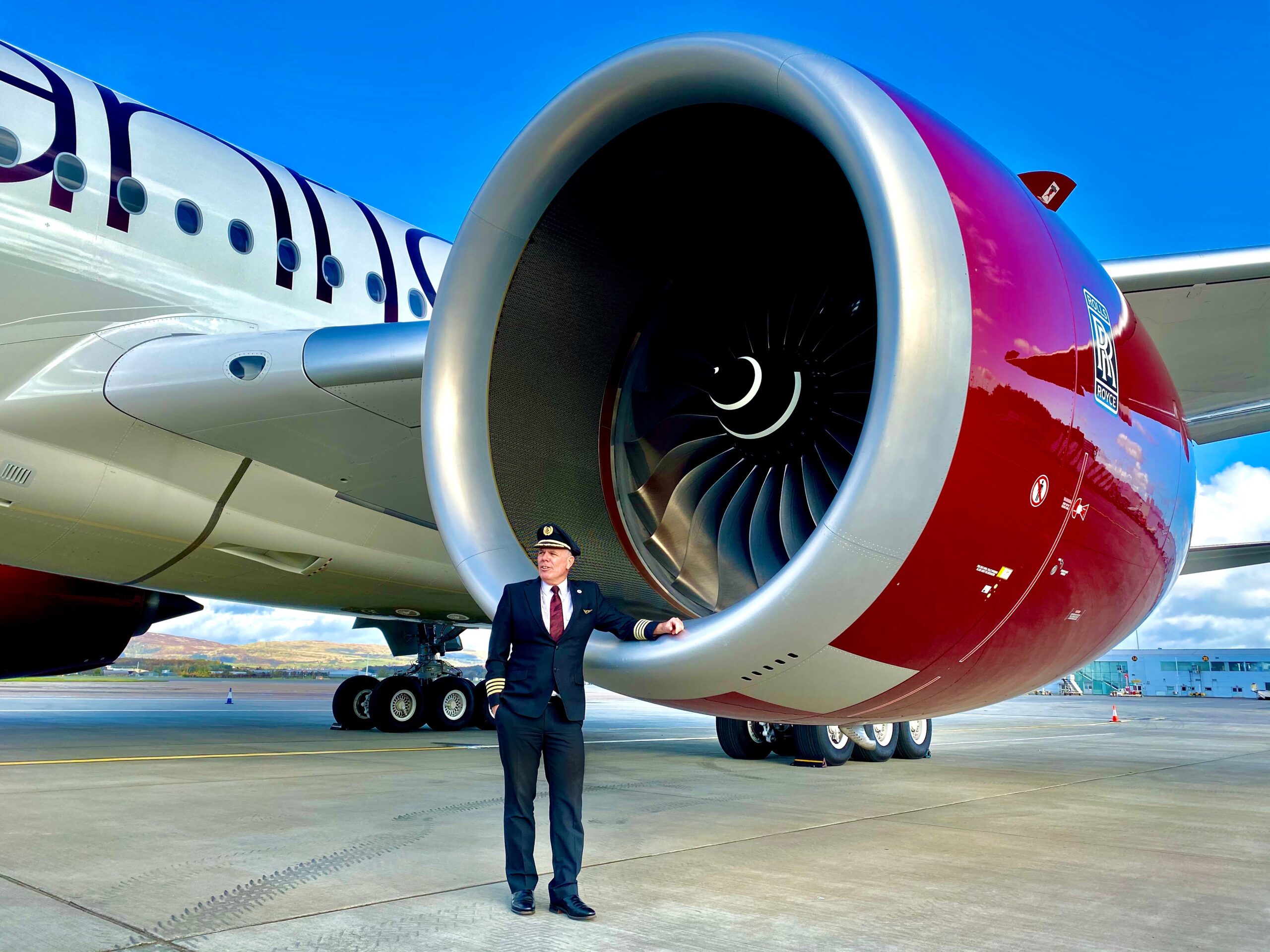
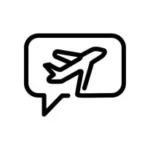

Yes, indeed. A great interview. I had the privilige to know Mirpuri’s family and fly for them on times of Air Luxor. We also started new market targets and all was very well developed under Carlos vision. Congratulations!
What a nice interview! He’s the kind of person I’d like to have as a friend: humble, friendly and grateful! Thanks for introducing us to such a nice man.